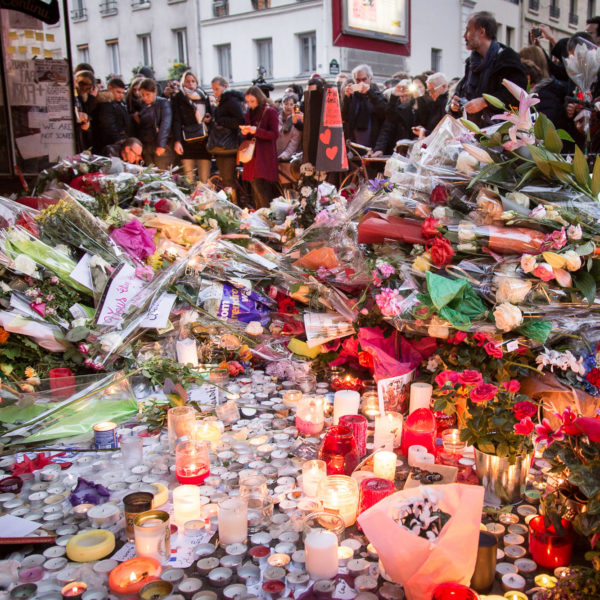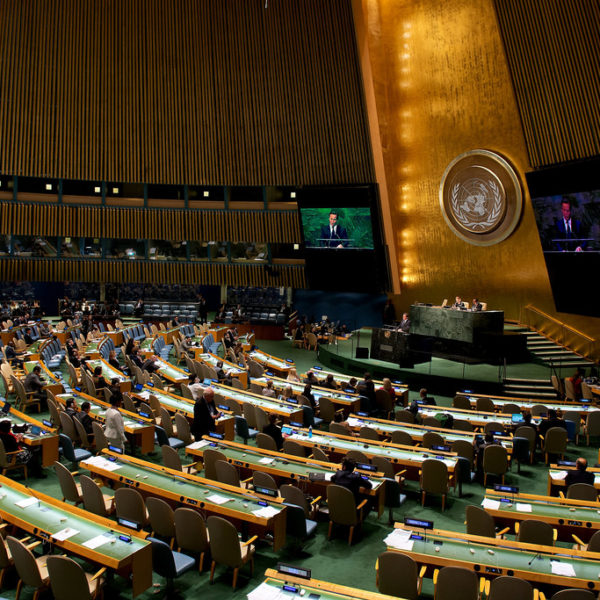
In the wake of an atrocity such as the San Bernardino shooting or the attacks in Paris, the choice between the politics of righteousness and the politics of fear will press upon us with a renewed urgency. However, it is righteousness—justice and ethical probity—that is the only genuine answer at such a time.
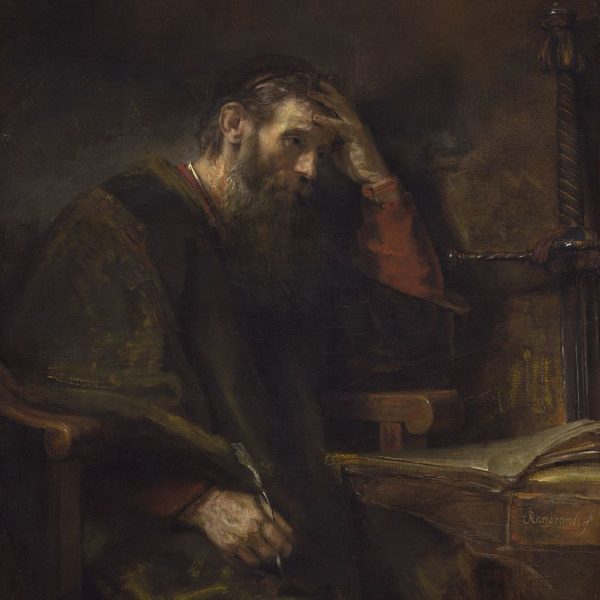
‘And this is my prayer, that your love may overflow more and more with knowledge and full insight.’ The notion of love overflowing in knowledge is odd to modern Western ears, accustomed as we are to a divide between reason and affections. However, such a love that overflows in knowledge could transform much of our politics.
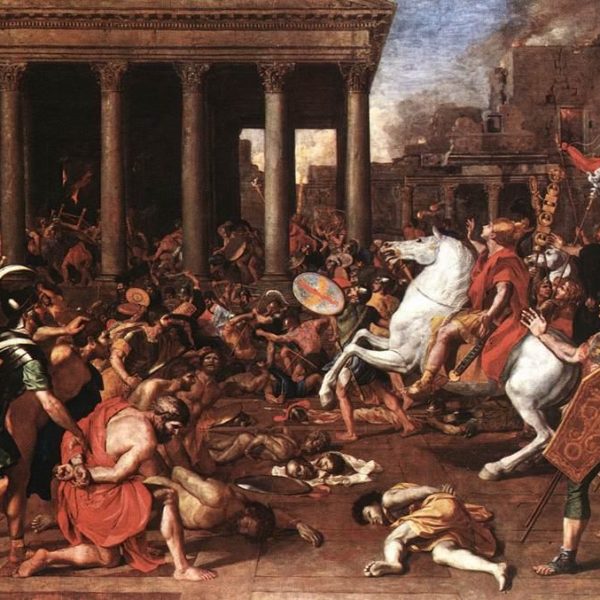
Jesus teaches his disciples the meaning of waiting in a faithful manner. Keeping watch for God’s work within the world requires avoidance of distraction and a desperate faithfulness.
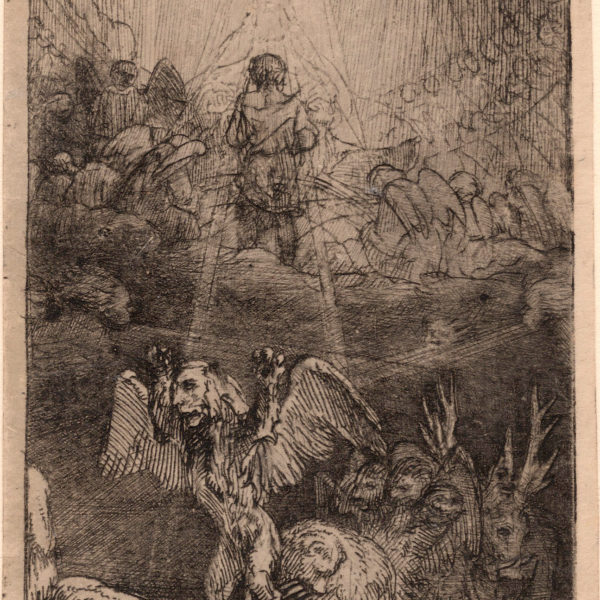
For those living in powerful nations, for those prospering in the global economy, our response to the Reign of Christ Sunday might better be one of repentance than triumph, of humility rather than arrogance. For the reign of Christ stands in opposition to our own reigns, as the world is turned upside down, bringing judgment for those in power and justice for those who have suffered.
